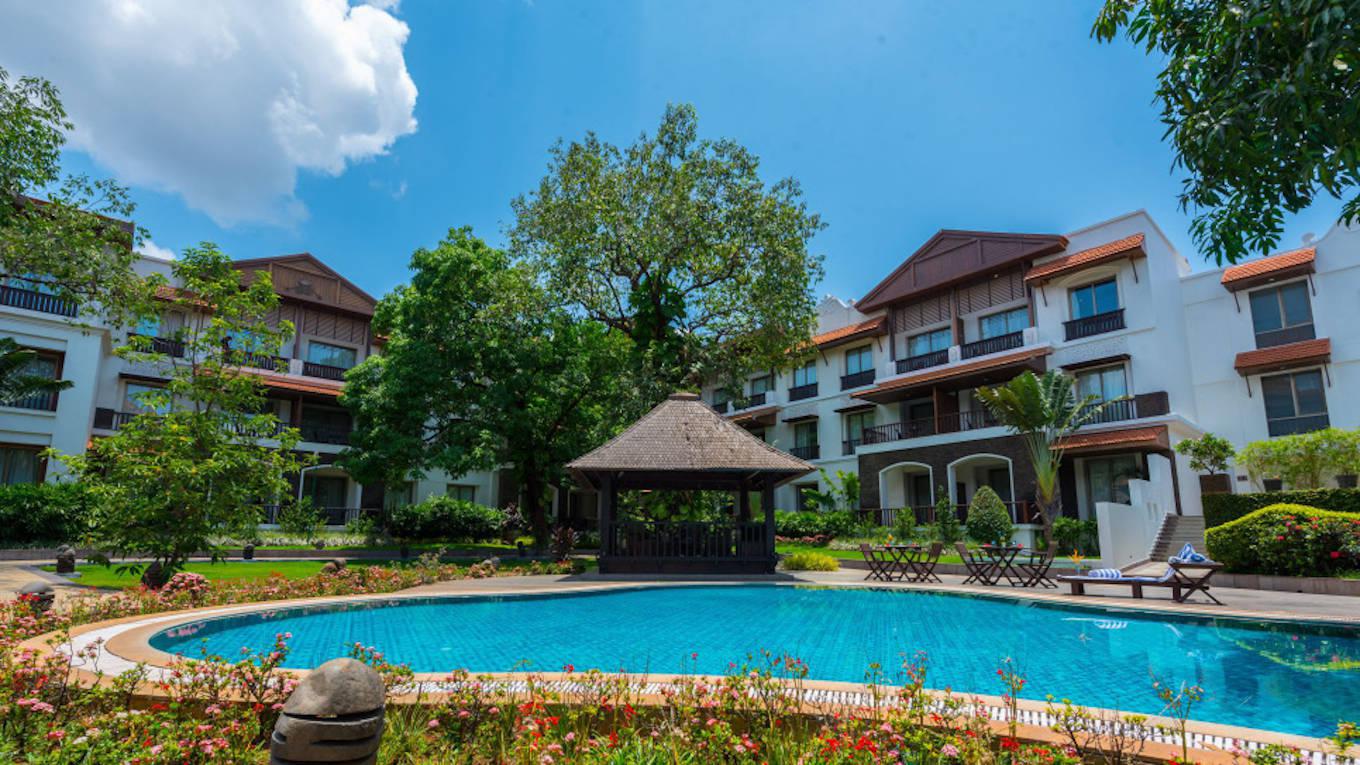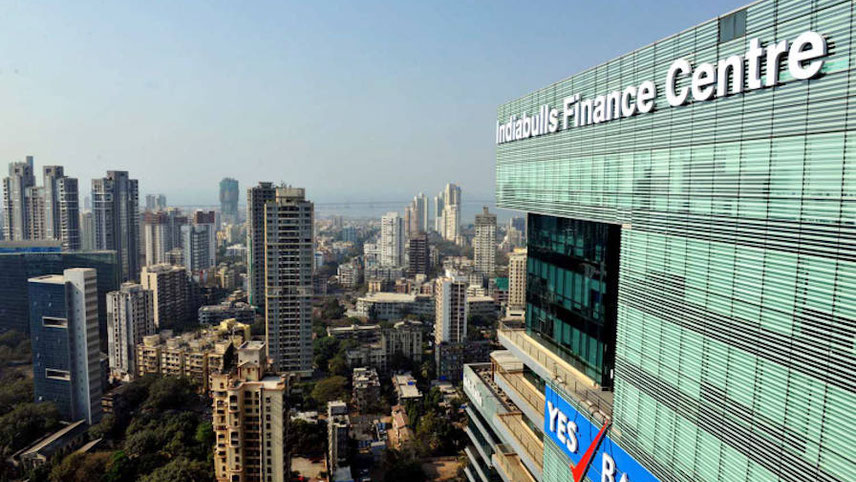The Indian real estate sector has undergone a major transition in the last decade-and-a-half. In fact, the last five-six years have been quite exciting following an array of events, led by implementation of RERA and other policy-related initiatives. While on the one hand, these measures have ensured a much greater degree of transparency, on the other, the domestic real estate market has become much more vibrant in terms of an investment avenue. As the real estate market continues to evolve in India, various investment avenues have opened up for retail investors and that has made real estate a more attractive investment avenue. The entry of new investment tools such as REITs, in particular and new concepts like fractional ownership as also ResiTel, which allows retail investors to invest in hospitality-related assets like resorts and vacation homes in a convenient manner, are gradually making inroads into the domestic real estate market. Though currently at a nascent stage, these investment tools and concepts have the potential to usher in a new era for the Indian real estate sector. They allow retail investors to participate in real estate investments using an institutional approach. Moreover, from being only limited to two broad-based investment avenues ie residential and commercial, domestic real estate, as an investment option, has become more diversified in nature. While today, the commercial segment is offering sub asset classes like logistics/warehousing, co-working, industrial and data centres; residential has got components like senior living, co-living, student housing and others, where one can invest for much better returns. Such diversified portfolios have the potential to offer 1-3 per cent more returns than those with only conventional real estate assets. “No doubt, the Indian real estate has gradually emerged as a more attractive investment option with all these new concepts and avenues coming into play. The market is today offering a much more vibrant and robust investment climate and going forward, we will see more active participation by retail investors, even as institutional investors have continued to repose their faith in real estate,” says Ambar Maheshwari, CEO, Indiabulls Assets Management Co Ltd. Fractional ownership in commercial real estate is a new age investment class that offers access to institutional-grade commercial assets to individual investors. With passive income generation and long-term capital growth, it can provide portfolio diversification and a much superior yield compared to plain vanilla investments in residential properties. The model enables like-minded investors to pool in their money together to purchase an ownership stake in a particular real-estate asset. Thanks to the model, the sector, which has largely been the playground for HNIs and institutional investors for years now, is emerging as an investment avenue for the aspiring middle class and retail investors. Lucrative option Besides regular rental income and long-term appreciation of a stable asset class, the model enables one to diversify his investments across multiple properties and locations and sufficient diversification thereby tends to reduce portfolio risks. Moreover, with no lock-in period, one can sell one’s stake whenever through its resale platform. “Popular in the US and Europe for over a decade now, fractional investment in real estate is emerging as a lucrative option for individuals to invest a small chunk of their savings in real estate without needing to invest large sums of money and it is also a good option for companies to maintain cash flows and liquidity. In the last two-three years, the concept has caught on in India as well since investors are finding it an attractive investment option to add to their portfolio,” states Sudarshan Lodha, co-founder of tech-enabled real estate investment platform Strata, which allows investors to own and sell fractions of pre-leased, Grade-A commercial properties such as office spaces, warehouses, etc. Strata is funded by marquee investors, SAIF Partners, Mayfield Ventures, and Propstack.
-

ResiTel allows retail investors to invest in hospitality-related assets like resorts and vacation homes in a convenient manner


































